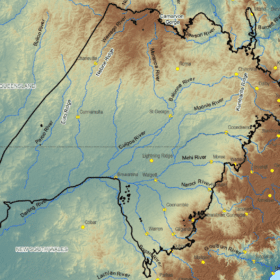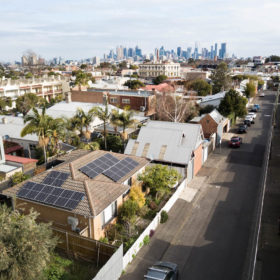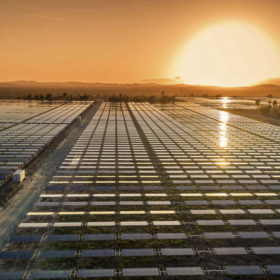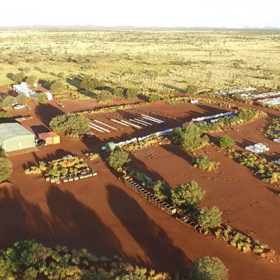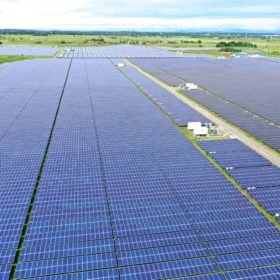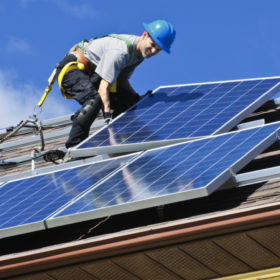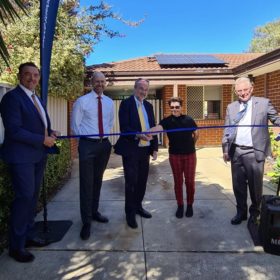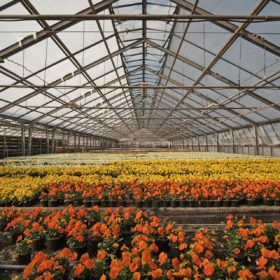200 MW K-REP solar farm: Queensland’s Korean-sponsored green gas play
Hydrogen demand in South Korea is expected to reach 17 million tonnes by 2050. An ambitious solar PV project in the heart of Queensland’s unconventional-gas country, plans to be an early green supplier of the manufacturing nation’s hydrogen needs.
Weekend read: Performance guaranteed
Guarantees and warranties may be thought to deliver peace of mind, but when underperformance on rooftop systems is detected, diagnosing and demonstrating failures is no simple task. pv magazine’s Virtual Insight on Quality event in November tackled this issue from all angles – and what it means for Australia’s burgeoning rooftop segment.
Investors shatter state expectations with REZ submissions
Renewable energy investors have shattered the Queensland Government’s expectations with the state’s Renewable Energy Zones (REZs) attracting more than $90 billion in project proposals.
Oz Minerals’ West Musgrave Project set to become ‘one of the largest fully off-grid renewable powered mines in the world.’
Oz Minerals has long said that it was looking at a hybrid fossil fuel-solar-wind solution to power its massive West Musgrave Project. This week the miner has announced that it is now developing a roadmap to power the project with 100% renewables with the addition of a battery in what the company says could be one of the world’s largest fully off-grid renewably powered mines.
Philippines to host 1 GW of solar under PPAs
Solar Philippines is planning to deploy several unsubsidised solar plants in the provinces of Batangas, Cavite, Nueva Ecija, and Tarlac.
Thousands of solar panels to shade car park at Australia’s biggest shopping centre
Australia’s largest shopping centre, Vicinity Centres’ Fashion Capital in Chadstone, has announced it will be adding more than 400 solar shaded parking bays as part of a multimillion-dollar car park upgrade.
Solar capacity ‘tantalisingly’ close to exceeding expectations but analyst warns of ‘logical’ downturn
Australia is teetering on the upper limit of solar installation expectations for 2020, but this remarkable growth pattern continuing into next year would defy logic, says Tristan Edis.
WA completes first installations of $6 million in solar for public housing
As part of the Western Australian Government’s WA Recovery Plan, $6 million in funding was provided for a Smart Energy for Social Housing program. The program, which should see 500 properties fitted out with solar systems, got underway recently with the first 10 homes already basking in summer savings.
Viva announces MoUs for potential oil refinery transition to Geelong Energy Hub
Viva Energy Australia has signed memorandums of understanding with key industry partners would could see its Geelong oil refinery, currently struggling to transition to an LNG terminal, transition into an energy hub featuring solar and hydrogen.
Adaptive solar shade system means horticulturalists can smell the roses
Researchers have modelled the effects of various PV module arrangements on a greenhouse used for rose growing in Iran’s Shiraz region. The team determined a ‘sweet spot’ where modules produced the most energy and provided optimal growth conditions for the crop.
